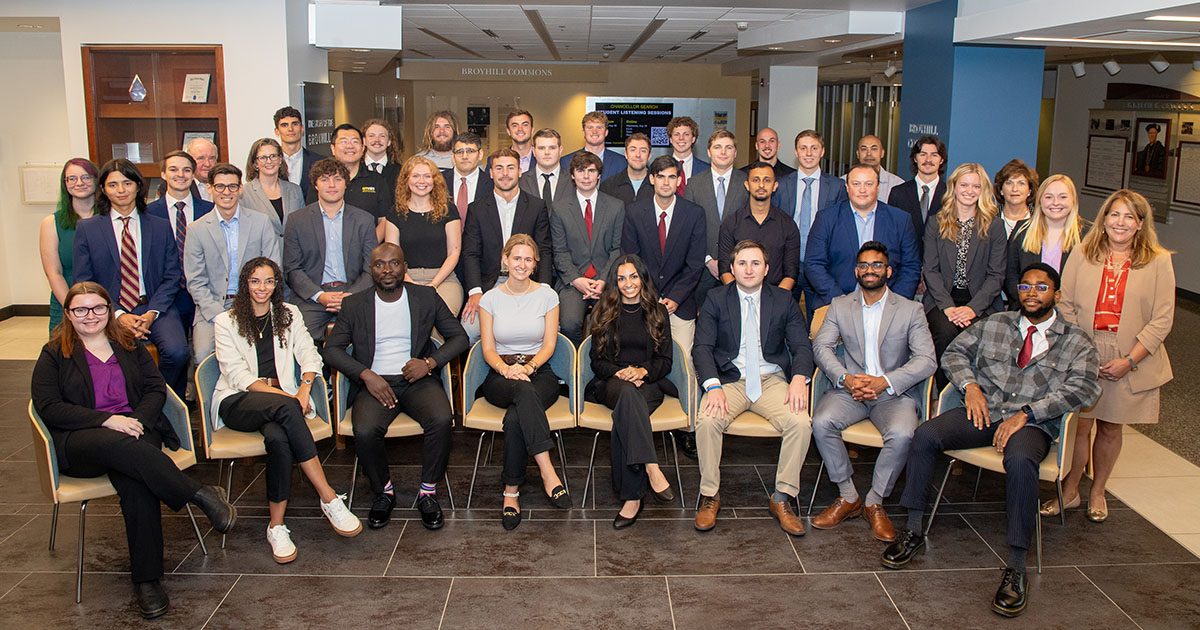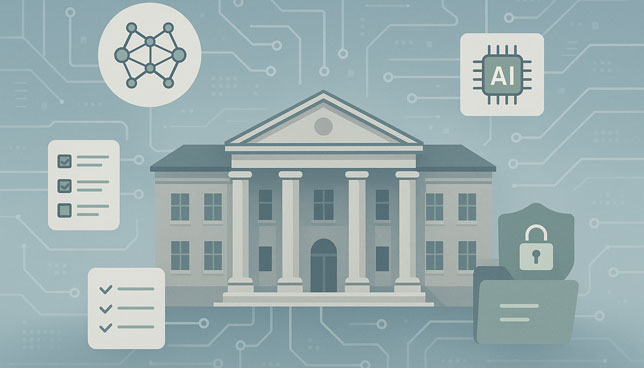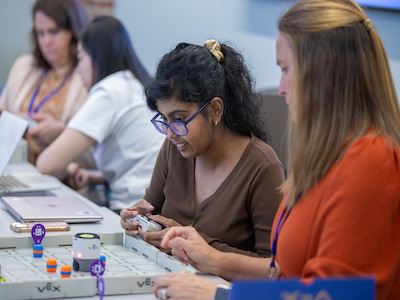
From Lectures to Algorithms: How AI is Changing College Learning
Arizona Wildcats dominated the Eugene Regional by hitting six home runs and allowing only six hits, securing a 14-0 victory over Cal Poly and going 3-0 in the tournament. Meanwhile, Oregon's season ended with a third consecutive loss after previously being on an 11-game winning streak, and Cal Poly's Zach Daudet hit a crucial solo homer to secure a win in extra innings.









